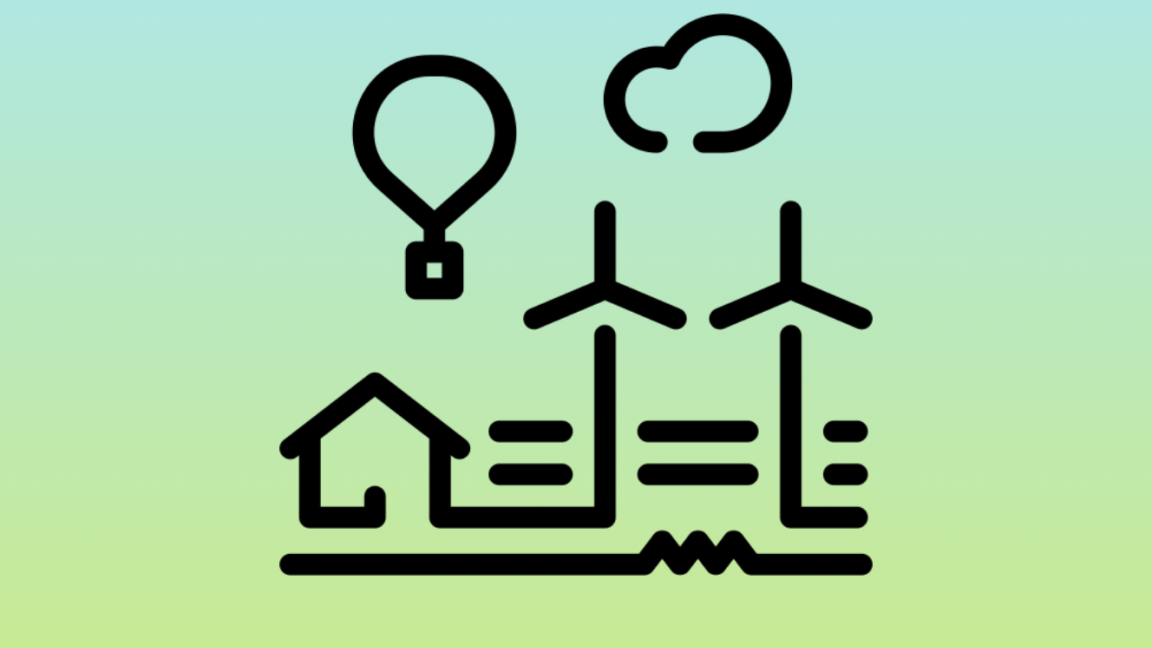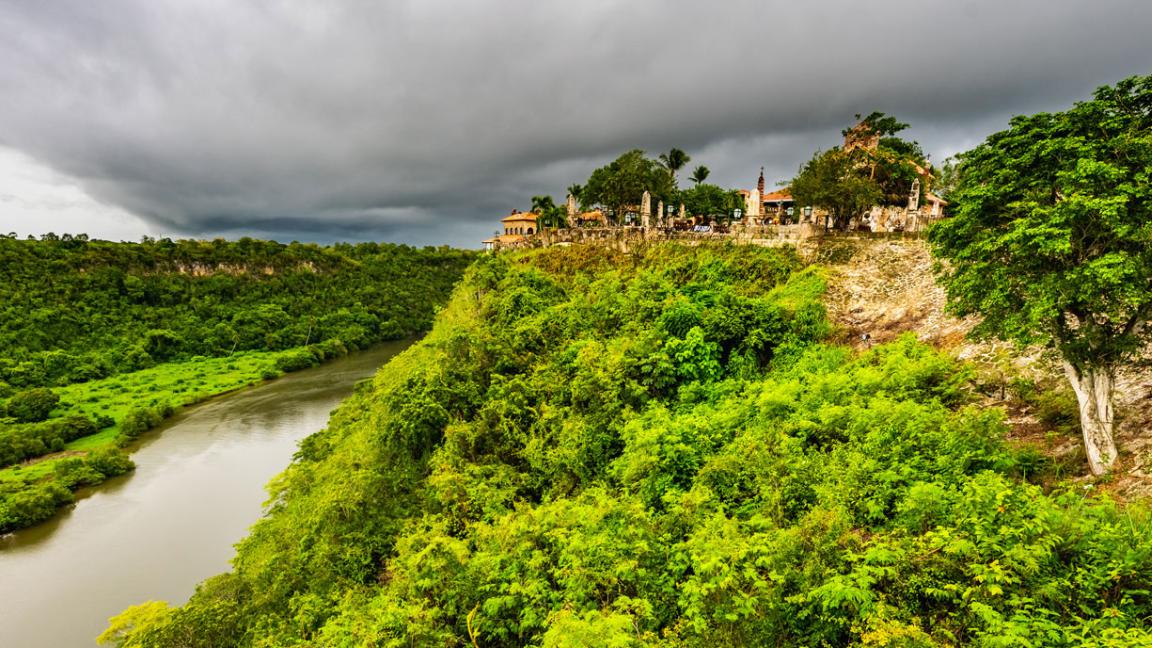Eine zuverlässige, bezahlbare und saubere Energieversorgung ist eine Grundvoraussetzung für nachhaltige Entwicklung, doch Millionen Menschen weltweit leben ohne verlässliche Energieversorgung. Wir helfen unseren Partnern, die Energiewende zu gestalten – sozial gerecht, wirtschaftlich klug und klimafreundlich.

Energie für Entwicklung
Strom aus der Steckdose – für viele noch immer ein unerreichbarer Luxus. Während die Klimakrise drängt, bietet die globale Energiewende eine Chance: saubere Energie für alle, wirtschaftliches Wachstum und Klimaschutz in einem.
Die Energiewende: Antrieb für Fortschritt
Ohne Energie läuft nichts: Schulen bleiben dunkel, Krankenhäuser können nicht arbeiten, Unternehmen nichts produzieren. Trotzdem leben unzählige Gemeinden weltweit ohne zuverlässige Energieversorgung. Gleichzeitig verschärft die Verbrennung von Öl, Gas und Kohle die Klimakrise.
Die Energiewende ist mehr als nur Technik: Sie ist ein gesellschaftlicher Umbruch. Weg von fossilen Brennstoffen, hin zu Sonne, Wind, Batterien, Wasserstoff und Energieeffizienz. Das schafft nicht nur saubere Energie, sondern kurbelt die Wirtschaft an und verbessert das Leben der Menschen. Wir unterstützen unsere Partnerländer dabei, ihre Energiesysteme um- und auszubauen – mit Technologien, die vor Ort funktionieren und bezahlbar sind.
Klimaschutz wirkt global
Rund drei Viertel aller Treibhausgasemissionen sind energiebedingt. Die gute Nachricht: Der Ausbau sauberer Energien nimmt weltweit Fahrt auf. Schon heute fließt mehr als doppelt so viel Geld in saubere Energie als in fossile Brennstoffe.
Das Problem: Nur rund 15 Prozent dieser Investitionen erreichen Entwicklungs- und Schwellenländer außerhalb Chinas. Dabei sind Investitionen in erneuerbare Energien und Energieeffizienz dort besonders wirkungsvoll – sie senken Kosten schnell, verbessern die Lebensbedingungen und helfen dem Klima unmittelbar.
Wir bringen gemeinsam mit unseren Partnern Know-how, Technologie und Finanzierungslösungen dorthin, wo sie am meisten bewirken – und tragen so direkt zum Klimaschutz bei.
Auch Deutschland profitiert
Die internationale Zusammenarbeit im Energiesektor schafft Vertrauen, Märkte und Partnerschaften – und sie nützt auch Deutschland:
- Sie festigt die weltweite Energiesicherheit
- Sie erschließt Zukunftsmärkte für grüne Technologien
- Sie schafft Perspektiven für Fachkräfte, die auch in Deutschland gebraucht werden.
Die Technik ist heute so weit: Solar- und Windenergie sind fast überall die günstigsten Stromquellen. Batteriespeicher werden immer billiger. Ein großer Teil des Wärmebedarfs lässt sich wirtschaftlich elektrifizieren. Der Umstieg auf erneuerbare Energien und Energieeffizienz rechnet sich – nicht nur für das Klima, sondern auch wirtschaftlich.
Klimaschutz und Energiewende sind also nicht nur eine Frage globaler Verantwortung – sondern auch kluger Investitionen in unsere eigene Zukunft.
Unsere Leistungen
Ob Mini-Grids in Afrika, Solarprojekte in Asien oder Effizienzprogramme in Lateinamerika: Wir entwickeln gemeinsam mit unseren Partnern Strategien und Lösungen – technisch fundiert, politisch umsetzbar und lokal passend. Unser Ziel: 100 Prozent saubere Energie – weltweit und für alle. Dabei beraten wir:
- Energieministerien und Regulierungsbehörden bei der Erarbeitung passender Gesetze und Regeln
- Netzbetreiber bei Planung und Betrieb ihrer Stromnetze
- Universitäten beim Aufbau von Aus- und Weiterbildungsprogrammen
- Banken bei der Entwicklung und Umsetzung von Finanzierungslösungen
- Energieversorger und Behörden bei der Elektrifizierung von Gemeinden und der Verbreitung effizienter Herde (sauberes Kochen)
- Unternehmen und ihre Verbände beim Erschließen neuer Chancen
- Verbände beim Aufbau von Strukturen und Informationskampagnen.
Beispielprojekte


